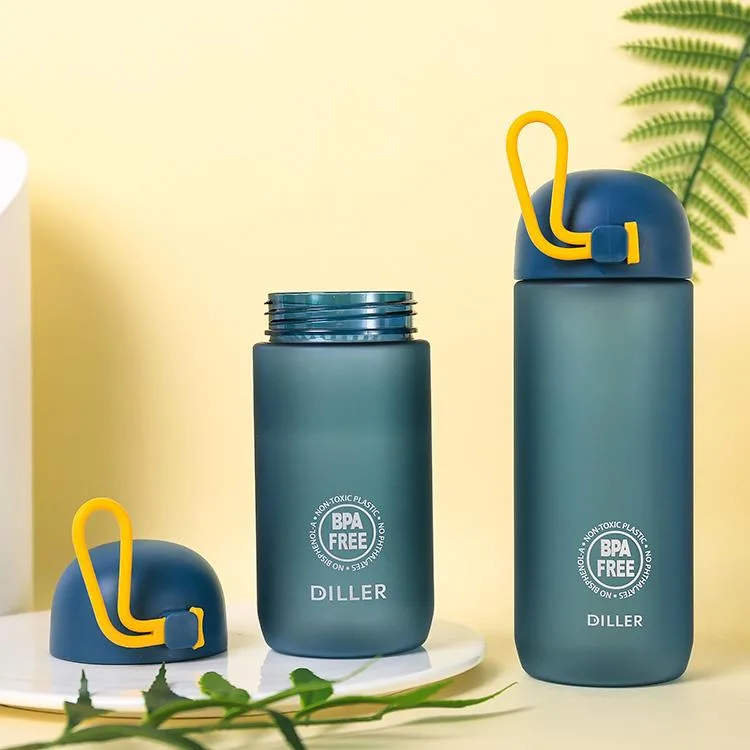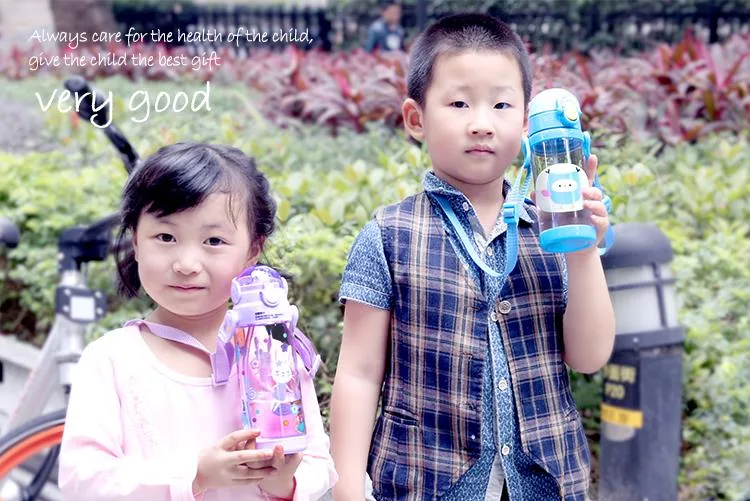From birth to growth, the degree of water bottle companionship should be no less than milk powder and diapers. However, there is a strange phenomenon that mothers care about milk powder and diapers much more than water bottles every day. I think the reason is probably because of the high consumption of milk powder and diapers. Let's start by counting which water bottles your children have used? Baby bottles, nipple bottles, duck-billed bottkes, straw water bottles, ordinary water bottles… Calculate down, raising a child, the water bottle can not be lower than these five kinds, the number should be more than 10, the frequency of use than milk powder and diapers to several dozen times higher.
What do these numbers mean? For example, if your child uses a "toxic" water bottle, it's more harmful than milk powder. Plastics belong to macromolecule chemical materials, often containing polypropylene ethylene or PVC polychloroethylene and other chemical substances. When hot water or boiling water is filled in plastic water bottles, these chemicals can easily decompose into toxic substances, which have adverse effects on human body. In addition, the internal micro-structure of plastics has many holes, which hide dirt, cleaning is not clean easy to breed bacteria.
Nevertheless, the inherent advantages of plastic water bottle, plastic water bottle because of its changeable shape, bright color, not afraid of falling, can let the baby take it by himself, can also carry it with you when you go out, people can not resist.
Most of the water bottles or bottles used by children are plastic products, so we should not carelessly choose water cups to keep children away from poisonous water bottles and ensure their healthy growth.
BPA mainly exists in polycarbonate (PC) materials. Plastic water bottles containing or decomposing Bisphenol A will do harm to infants. Our laws and regulations as well as those of some countries prohibit the use of BPA in infant food containers (such as milk bottles). Whether it affects adults and whether long-term use of plastic cups containing BPA causes cancer remains controversial.
The safety of a plastic water bottle is not directly related to its thickness, nor to its color. It is more practical to care about the material than about its thickness and color.



